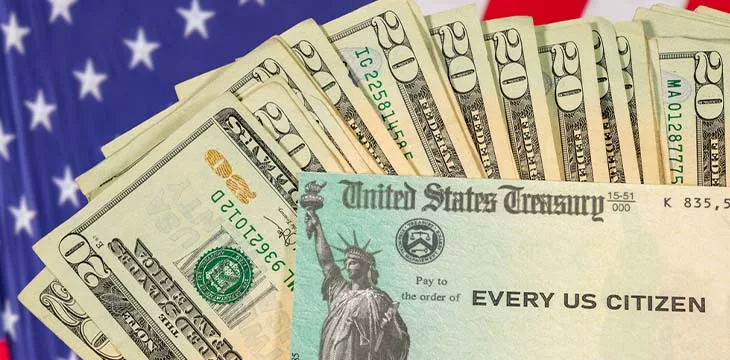|
Getting your Trinity Audio player ready...
|
The U.S. Department of the Treasury will designate international coin mixers as money-laundering hubs, utilizing one of the government’s most powerful sanctioning powers to clamp down on illicit finance.
The move was announced by the Financial Crimes Enforcement Network (FinCEN), operated by the Treasury, which posted a Notice of Proposed Rule-Making (NPRM) that identifies coin mixing as “a class of transactions of primary money laundering concern.”
The designation is made under the USA PATRIOT Act, which grants the Treasury a number of powers to target specific money laundering and terrorist financing risks. The designation means that the Treasury can require domestic financial institutions and agencies to take ‘special measures’ against identified risks, such as demanding that they collect information on transactions, beneficial ownership and associated payment accounts, and can even impose prohibitions or conditions on the opening of bank accounts in the U.S. if the class of transactions identified under the Act could be conducted through that account.
In this case, the Treasury proposes “enhanced recordkeeping and reporting by covered financial institutions where a covered financial institution knows, suspects or has reason to suspect that a transaction involves [coin mixing] within our involving a jurisdiction outside the United States.”
“FinCEN believes that this special measure is the best available tool to mitigate the risks posed by CVC mixing. It would appropriately collect information, which will discourage the use of CVC mixing by illicit actors, and is necessary to better understand the illicit finance risk posed by CVC mixing and investigate those who seek to use CVC mixing for illicit ends.”
The entities affected by the move include banks, securities brokers and dealers, and money services businesses.
The move would appear to be at least partly inspired by the Hamas terror attacks on Israel. Hamas has been long reported to be making use of digital assets for financing, with Israel Police freezing a swathe of digital asset accounts that the terror group was using.
A bipartisan group of senators has called on President Joe Biden to take urgent steps to address the use of digital assets by terrorist organizations, in particular, Hamas and the Palestinian Islamic Jihad (PIJ). The call, via a letter, cited reports that Hamas and PIJ raised over $130 million in digital assets between August 2021 and June 2023.
The Treasury notice does not reference the Israel-Palestine conflict as the immediate cause of concern, however. It references the well-known North Korean cyber attackers and ransomware programs, both of which it says rely on coin mixing to finance the regime’s WMD program.
Still, on Wednesday, the Treasury unveiled a host of sanctions against senior Hamas officials, their financiers, and individuals connected with Iran’s ballistic missile program.
The role that digital assets played in fundraising for Hamas and other terror groups is likely to come under increased scrutiny in the wake of the terror attack on Israel earlier this month. Many of the most prominent digital asset firms—such as Binance—have been accused of facilitating terrorist financing thanks to lax or non-existent KYC and AML controls.
In 2022, Reuters reported that Binance had helped Iranian firms trade $8 billion worth of digital assets despite U.S. sanctions remaining in place against the country. Reuters had earlier reported that Binance—at the behest of founder Changpeng Zhao—had deliberately set out to evade regulators to pursue unfettered growth. It was revealed in the wake of the attack on Israel that Iran had supported the attacks.
What’s more, Binance was sued by the Commodity Futures Trading Commission (CFTC) in March, which brought to light internal Binance communications that revealed that managers were aware of Hamas-linked transactions moving through their platform yet did nothing to stop it.
Though the Treasury’s actions will likely fail to stop the flow of illicit digital assets into terror groups such as Hamas, it does direct a spotlight at those companies— Binance included—who have enjoyed enormous success based on openly flouting sanctions and financial regulations. With the consequences of such a lackadaisical attitude becoming increasingly difficult to ignore, it may be time for more direct action against the likes of Binance—an action which does appear to be right around the corner.
Watch: U.S. Congressman Patrick McHenry on Blockchain Policy Matters

 02-28-2026
02-28-2026 




